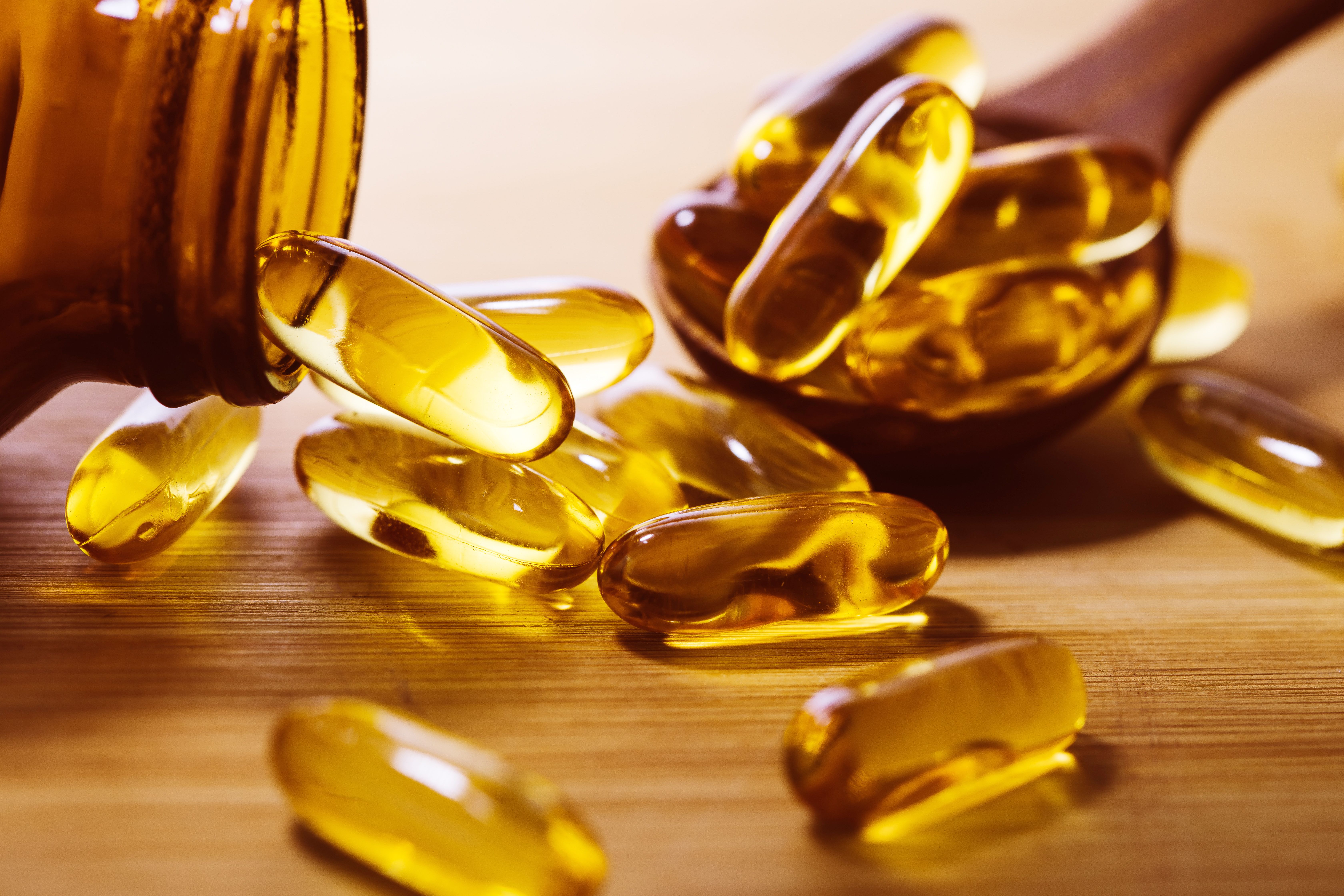News
Article
Increased Vitamin D Intake Can Decrease Symptoms of Depression, Anxiety
Author(s):
Although findings indicate a relationship between vitamin D and mood disorders, further research is needed to clarify efficacy of specific vitamin D levels, as well as supplement dose and form.
Mood disorders, such as depression and anxiety, can affect health and overall quality of life. 1 possible mechanism in the pathophysiology of these mood disorders that has been reported is oxidative stress and inflammation, therefore it is important to determine the relationship between antioxidant nutrients (e.g., vitamin D) and these mood disorders, according to the authors of a study published by Current Nutrition Reports.
Image credit: Cozine | stock.adobe.com

Vitamin D, a fat-soluble vitamin, was previously reported to be present in several tissues, with receptors present in different areas of the brain (e.g., prefrontal cortex, hippocampus, cingulate gyrus, thalamus, hypothalamus, and substantia nigra). Further, vitamin D has effects on calcium-phosphate homeostasis and bone health.
Prior research reported that a deficiency in vitamin D is associated with symptoms of depression and anxiety; however, the cause-and-effect relationship of vitamin D and related diseases was not clarified. In the current review, investigators examined the role of vitamin D in the pathophysiology of depression and anxiety, the influences of vitamin D supplementation, and drug interactions.
Results of preclinical studies evaluating the association between vitamin D and depression was found to be inconsistent. It was determined that high-dose vitamin D administration (5 mg/kg per day) for 14 days in ovariectomized rats showed antidepressant-like behavior in depression caused by ovary removal.
Low levels of vitamin D were passed on to the offspring of mothers who were exposed to low levels of vitamin D from pre-pregnancy. Further, low levels of vitamin D were determined to cause anhedonia, which is a significant marker of depression in offspring. Administration of vitamin D3 for 7 days effectively prevents depressive-like behavior caused by corticosteroid exposure and brain oxidative stress markers, and this antidepressant effect is potentially caused by oxidative stress modulation, according to the investigators.
A similar study found that intraperitoneal treatment with 1,25(OH)2 vitamin D3 (5 and 10µg/kg, twice weekly) during a 5-week period had effectively improved anhedonia with chronic mild stress; however, another study reports that vitamin D deficiency does not affect the production or neuron survival in rats.
In addition, a meta-analysis of 25 studies that examined a total of 7534 participants had evaluated the effectiveness of vitamin D supplementation on depression. Overall, it was determined that vitamin D was effective in reducing major depressive disorder symptoms and plasma 25(OH)D levels ≤ 50 nmol/L, and the effect was reached with supplements less than 4000 IU for ≥ 8 weeks. However, included in this meta-analysis was a study that found vitamin D supplementation did not affect depressive symptoms.
A study on ovariectomized rats that had evaluated both anxiety and depression found that a low dose of vitamin D administration (1 mg/kg per day) over a 14-day period had an anti-anxiolytic effect. The findings of the association of vitamin D and anxiety had contrasted the relationship between vitamin D and depression.
Similar to depression, epidemiological studies determined the relationship between anxiety and vitamin D show a negative correlation. A study that examined individuals with rheumatoid arthritis found that there was an inverse relationship between vitamin D levels in the presence of anxiety. Additionally, a prior systematic review found that 10 of 14 studies had reported a direct relationship between vitamin D levels and anxiety, whereas 1 had reported an indirect relationship.
A randomized, controlled clinical study that evaluated the efficacy of vitamin D supplementation with anxiety had found anxiety symptoms improved when patients received 1600 mg of vitamin D over a 6-month period. Further, individuals who were in the remission stage of Crohn disease were examined in another study. The results showed that only high-dose vitamin D supplementation (10,000 ID) significantly increased the serum vitamin D levels, and both doses had improved depression and anxiety symptoms.
By examining prior research, the authors of the current study determined that vitamin D has immunomodulatory, neuroprotective, and neurotrophic properties that can influence the brain tissues that are involved in the pathophysiology of anxiety and depression; however, the specific relationship of vitamin D levels with supplementation, depression, and anxiety are inconsistent.
Though there isn’t a clear cause-and-effect relationship of vitamin D with these mood disorders, the current study authors emphasize that low levels of vitamin D can increase the symptoms that individuals have. In addition, further research is needed to determine the effectiveness of vitamin D levels, supplement dose, and form when associated with anxiety and depression.
According to the investigators, potential factors contributing to that inconsistency may be the severity of depressive symptoms, the presence of comorbidities, vitamin D supplement dose and supplement form, and duration. Further, the examined literature had only included those with symptoms of anxiety and depression and did not take participants with chronic inflammatory diseases (e.g., ulcerative colitis, Crohn disease, and diabetes) into consideration.
Reference
Akpınar Ş, Karadağ MG. Is Vitamin D Important in Anxiety or Depression? What Is the Truth?. Curr Nutr Rep. 2022;11(4):675-681. doi:10.1007/s13668-022-00441-0
Newsletter
Stay informed on drug updates, treatment guidelines, and pharmacy practice trends—subscribe to Pharmacy Times for weekly clinical insights.






